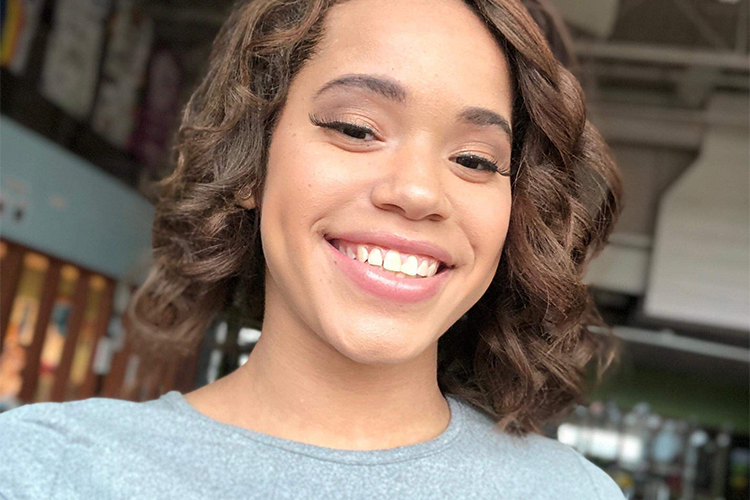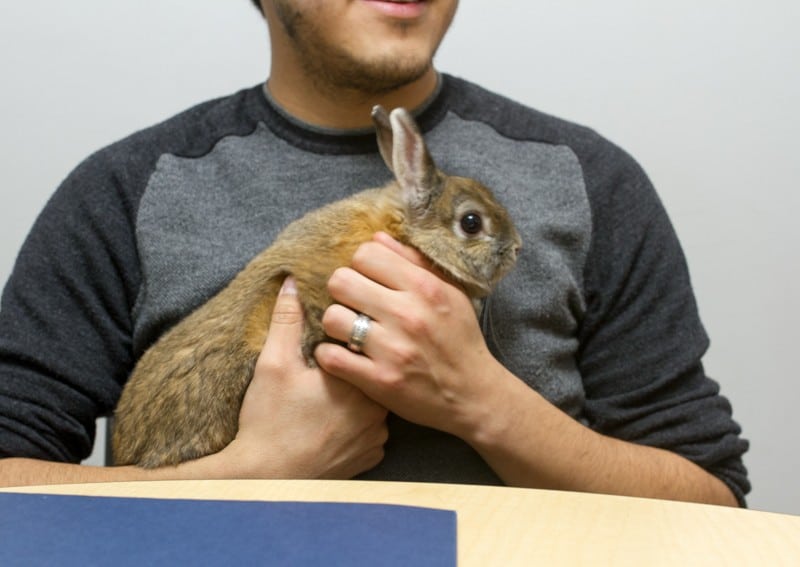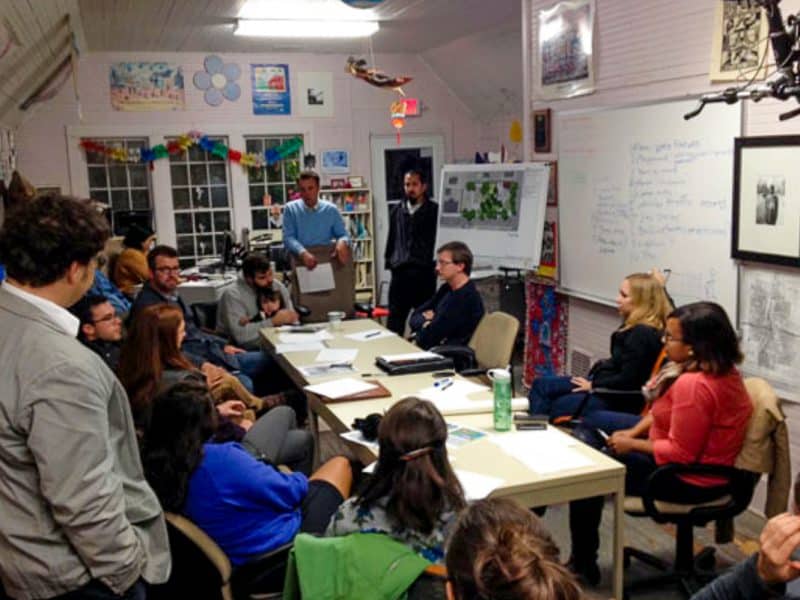Local Rosa Parks Essay Contest winner explores bullying and police brutality
The City of Grand Rapids Community Relations Commission’s Rosa Parks Education Committee encourages students in grades 7 to 12 to write an essay about how to live out Mrs. Parks’ legacy by stepping outside of the bounds of their reality, taking risks, and shaping lives to make a difference.

The City of Grand Rapids Community Relations Commission’s Rosa Parks Education Committee encourages students in grades 7 to 12 to write an essay about how to live out Mrs. Parks’ legacy by stepping outside of the bounds of their reality, taking risks, and shaping lives to make a difference.
The writing prompt this year was:
Rosa Parks changed the world. She was able to do this because of the work of many who came before her and many who worked beside her. Historically, young people have always been the trailblazers who stood on the shoulders of their ancestors and led movements for the betterment of society. As your future unfolds, how will you bravely and authentically encourage others to blaze trails? For whom are you living the life and legacy of Rosa Parks and why?
The following essay is by senior La’Kesha Clay:
Rosa Parks refused to give up her seat to a white man. Rosa was tired of the racist insults. She was one of those that gave people of color hope. Rosa Parks was a black leader similar to Malcolm X and Martin Luther King Jr. Many called her the “mother of the Civil Rights Movement.” Rosa Parks once said, “I am leaving this legacy to all of you … to bring peace, justice, equality, love and a fulfillment of what our lives should be. Without vision, the people will perish, and without courage and inspiration, dreams will die.” Like Rosa Parks, I would love to leave a legacy behind me. My generation needs more people like Rosa Parks and people who can stand up to things that are wrong, like police brutality. I plan on using my experience with being bullied to lead by example and lead a legacy by using my leadership to spark positive change.
Although slavery was abolished when Rosa Parks was arrested, the law continued to foster injustice for people of color. Having separate but equal laws allowed for the U.S. government to bully P.O.C. (People Of Color). Bullying is something I have become familiar with growing up. Often, I was bullied because I lived in a hotel half of my life and didn’t have a home for my friends to come over and spend the night at when they wanted to get away from home. I also felt different because I didn’t have some things like most of my classmates. Such as name brand shoes, clothes, etc. I already felt left out and constantly heard whispers from other students at school because I didn’t have enough money.
If that wasn’t enough, when I was 14 or 15 years old, my 16-year-old sister got in trouble and went to prison for a while. After that happened a lot of people would text me or yell in the halls, “You’re going to be just like your sister.” When they said these things, it made me feel like I might end up like her sooner or later. I felt defeated and struggled with my confidence. My experience with bullying makes me feel even more motivated to take action against inequality!
A big issue I see around me in the world today is police brutality. To have that much power in society and use that power to hurt a group of people based off of prejudice is the most cruel way to hurt someone. As a black woman in the U.S., I feel scared knowing that I can get seriously hurt or killed just by my skin color. Even years after Rosa Parks made the decision to remain seated, we still have to fear being bullied by our government. Especially now that we have cameras almost everywhere, citizens wonder if officers are actually doing their jobs when they see unjustified shootings and harsh treatment from police officers. To fear death from those who are meant to protect us is a serious human rights violation. No person should be afraid to die because of the color of their skin. To continue to make change, we must start systemically, specifically with our police/government.
I think my generation can help change the world and give hope like how Rosa Parks made history and gave hope to people of color. Looking at generations before me, you can see where there has been an effort, but we can’t stop there.
Right now, I go to the Boys & Girls Clubs of Grand Rapids and they are partnered with the Grand Rapids Police Department. This allows me to see police officers in a more positive way. I can be a leader for my generation and meet with community leaders to make sure that police officers continue to be in the community positively. When officers are in the community, especially in the Black community, officers and people of color get used to each other. Black people learn to not fear the police and officers learn to not feel threatened and can start to let go of prejudice. I feel inspired to be a leader and take action like Rosa Parks did because of going to the club. The staff there have showed me what it means to be a leader and to be positive for younger club members.
People who are my age can learn a lot from Rosa Parks’ legacy. It’s important to have people who stand up for what’s right. By using my experience of being bullied, I will be a positive leader and help change the world like Rosa Parks. I plan on leaving a legacy by trying to get police officers in Black communities [to behave] in positive ways so that police brutality will not happen as much. Maybe one day I’ll make history like Malcom X, MLK Jr., and Rosa Parks.
—
La’Kesha Clay is a 17-year-old senior at Southeast Career Pathways of Grand Rapids Public Schools. She is hoping to pursue her dream in the medical field or a career where she can help others. After graduation she will be moving to Arizona with an older sister who resides there.
Special thanks to Misti Stanton, Rosa Parks Education Committee Chair, for leading and organizing this year’s contest, and to Maleika Joubert Brown, Director of Equity and Inclusion at Grand Rapids Public Schools, for her support of/assistance in publication of the essays.
Photo courtesy of La’Kesha Clay.








